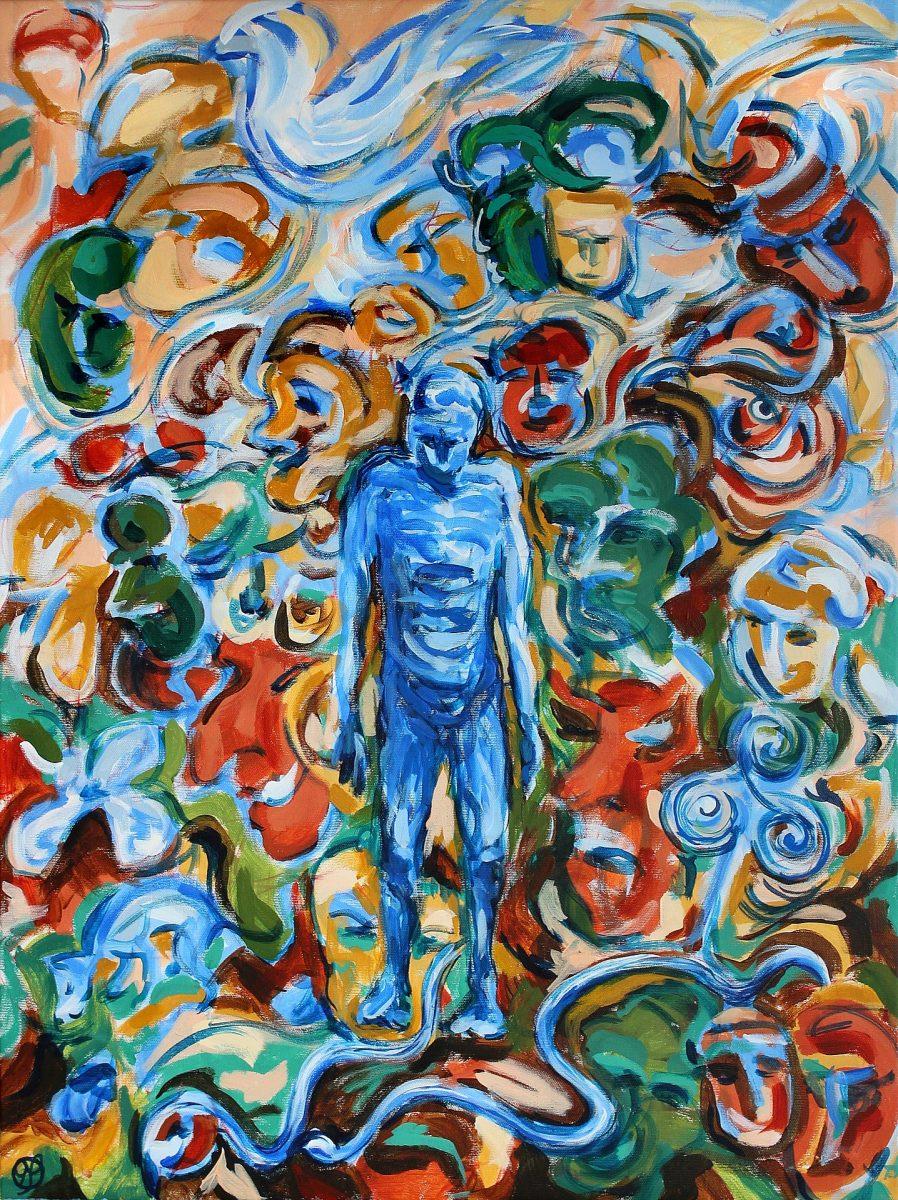Is there a connection between mental health issues and creativity in the arts? There are many that believe there is no link between the state of one’s mental health and their creativity.
In an article for The Scientific American, Scott Barry Kaufman took this skeptical stance, saying, “To be sure, research does show that many eminent creators– particularly in the arts–had harsh early life experiences (such as social rejection, parental loss, or physical disability) and mental and emotional instability. However, this does not mean that mental illness was a contributing factor to their eminence.”
Kaufman also noted that countless creative, successful individuals did not suffer from mental illness.
However, scientific studies and research show that there may be a connection after all. Supporters, or people open to the possibility of a connection, see things differently from the previous view.
A finding in the Creativity Research Journal by Dennis K. Kinney et al. reported a link between the careers of psychologically healthy people who were related to individuals with schizophrenia. The healthy relatives tended to have unusually creative jobs or hobbies compared to the population as a whole. Findings like these seem to suggest a link between genetics, mental illness and creative inclination.
Imagine if humanity was placed on a continuum, with people that have mental illness on one end and their relatives having shown creativity, versus individuals that have no history of mental health issues on the other end; one could come to a conclusion that there may be something that closely connects everyone to a different level of creativity. All in all, what is the link between the two?
The ability to have openness in the precuneus of the brain shows it “may actually help creative subjects in associating two ideas represented in different networks,” as Kaufman concluded from a study done by Hikaru Takeuchi. Perhaps this cross-wiring of different neural networks that leads to creative insight is similar or identical to the brain activity that leads to mental illness.
Kari Stefansson, founder of an Icelandic genetics company, supports the aforementioned nature-based theory linking madness and creativity.
In an interview with The Guardian, he said, “Often, when people are creating something new, they end up straddling between sanity and insanity.”
There are many well known creative individuals who suffered from mental illness, including legendary composer Ludwig van Beethoven, famous painter of “The Scream” Edvard Munch, poet Sylvia Plath, and painters Georgia O’Keeffe and Vincent van Gogh.
We all possess the potential for a creative or artistic side, but daily life does its best to suppress these inner blossomings. If we dig deep enough, we might just find something beautiful, or something dark. Creativity can be therapeutic, since there is a little bit of madness in all of us.
For questions/comments about this story, email [email protected] or tweet @thewhitonline.

























































































































































!["Working with [Dr. Lynch] is always a learning experience for me. She is a treasure,” said Thomas. - Staff Writer / Kacie Scibilia](https://thewhitonline.com/wp-content/uploads/2025/04/choir-1-1200x694.jpg)









































